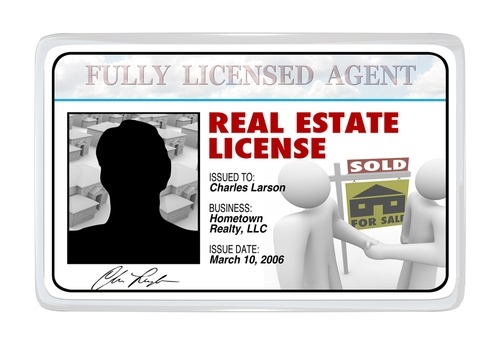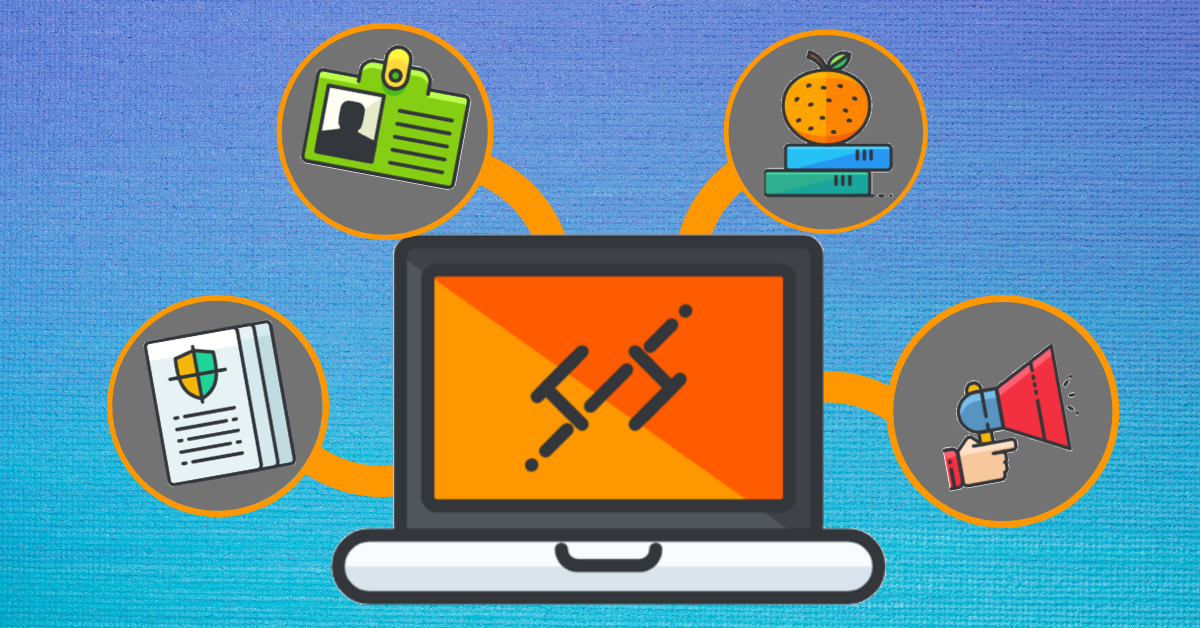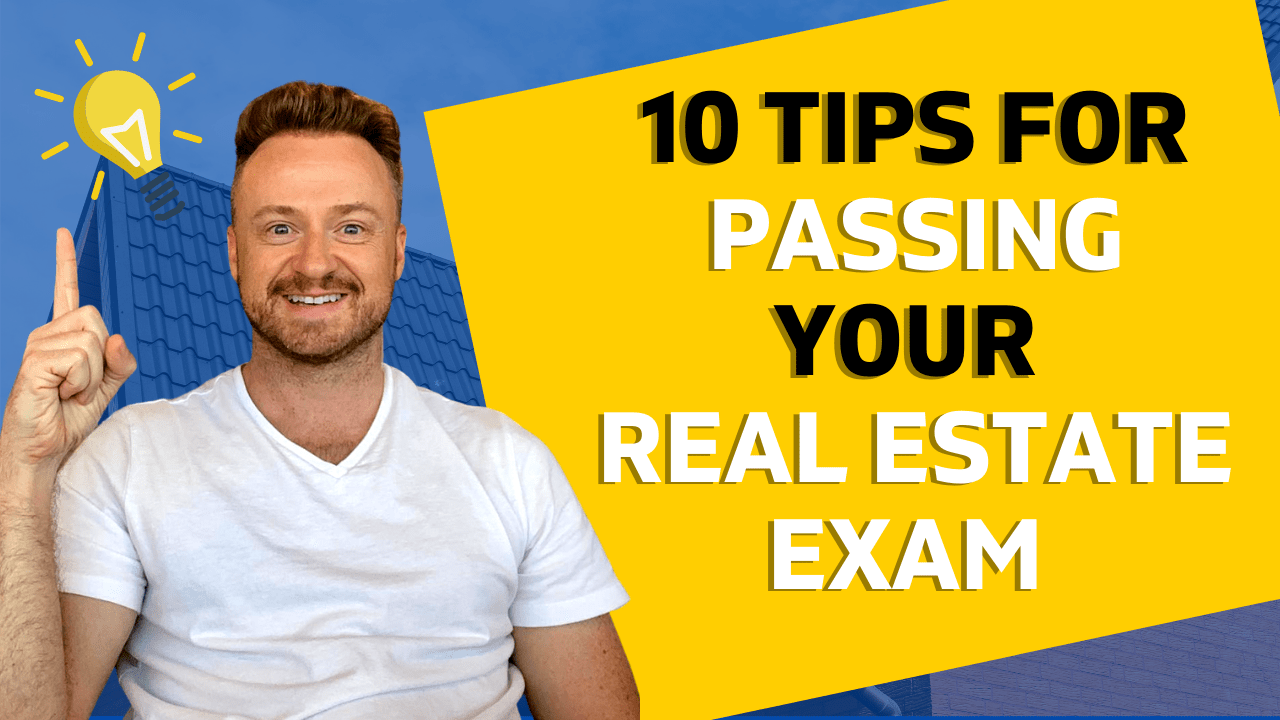
It can be a great way for young people to begin building a financial and lifestyle portfolio. You have the advantage of being able to invest with a smaller down payment, a better credit score, and a greater risk tolerance. You have the freedom to try different types and learn new skills unlike older investors.
The benefits of investing in real estate are many, but you need to make sure that you're making the right decisions. You might be tempted to buy an asset that has a quick return. But, remember that the returns will only be as good as the work that was put into them. Also, it is important to keep your costs down. This means paying off your mortgage on schedule and not taking on extra debt. Consulting with a professional can help you avoid these problems.
The best way to begin learning about investing in real property is to get as much information as you can. You can find tons of information on the Internet or by talking to a real estate agent. Websites and government agencies can provide additional information about the local economy.

A solid credit rating will allow you to get a mortgage. It will also prevent you being denied for loans. To maintain a high credit rating, pay your bills on-time if you decide to take out loans. A home equity line credit can be obtained for a lower interest rate.
Good credit is essential. However, it's not enough. Also, you should have enough money to pay for your downpayment on a house. In some cases, you can qualify for a down payment assistance program with the Federal Housing Administration. Multifamily units are also eligible for these programs.
It is essential to learn how to evaluate the value of a real-estate investment. You can do this by looking at the repair value of the home. It takes some math and the price of the house to calculate the repairs value. This gives you an estimate of the cost to repair your home and the price it will sell for.
Another useful measure of a successful real estate investment is the ROI. The ROI refers to the ratio of what you spend on a property to what you receive back. The metrics for this metric include the gross rent multiplier (or loan-to-value ratio), and the internal rate or return.

When it comes to purchasing a home, the biggest obstacle for young people is the down payment. With a variety of assistance programs, down payments can be reduced to a fraction. For fast returns, real estate investments are also an option.
FAQ
What should I look for in a mortgage broker?
A mortgage broker helps people who don't qualify for traditional mortgages. They look through different lenders to find the best deal. Some brokers charge a fee for this service. Others offer no cost services.
Can I purchase a house with no down payment?
Yes! There are programs available that allow people who don't have large amounts of cash to purchase a home. These programs include FHA loans, VA loans. USDA loans and conventional mortgages. Visit our website for more information.
What should you think about when investing in real property?
You must first ensure you have enough funds to invest in property. You will need to borrow money from a bank if you don’t have enough cash. You also need to ensure you are not going into debt because you cannot afford to pay back what you owe if you default on the loan.
You also need to make sure that you know how much you can spend on an investment property each month. This amount must be sufficient to cover all expenses, including mortgage payments and insurance.
Finally, ensure the safety of your area before you buy an investment property. It would be best to look at properties while you are away.
How much does it cost for windows to be replaced?
Windows replacement can be as expensive as $1,500-$3,000 each. The cost to replace all your windows depends on their size, style and brand.
Is it possible for a house to be sold quickly?
It might be possible to sell your house quickly, if your goal is to move out within the next few month. There are some things to remember before you do this. First, you will need to find a buyer. Second, you will need to negotiate a deal. The second step is to prepare your house for selling. Third, advertise your property. Finally, you should accept any offers made to your property.
Statistics
- When it came to buying a home in 2015, experts predicted that mortgage rates would surpass five percent, yet interest rates remained below four percent. (fortunebuilders.com)
- 10 years ago, homeownership was nearly 70%. (fortunebuilders.com)
- Over the past year, mortgage rates have hovered between 3.9 and 4.5 percent—a less significant increase. (fortunebuilders.com)
- The FHA sets its desirable debt-to-income ratio at 43%. (fortunebuilders.com)
- Some experts hypothesize that rates will hit five percent by the second half of 2018, but there has been no official confirmation one way or the other. (fortunebuilders.com)
External Links
How To
How to become an agent in real estate
To become a real estate agent, the first step is to take an introductory class. Here you will learn everything about the industry.
The next step is to pass a qualifying examination that tests your knowledge. This means that you will need to study at least 2 hours per week for 3 months.
Once you have passed the initial exam, you will be ready for the final. To become a realty agent, you must score at minimum 80%.
You are now eligible to work as a real-estate agent if you have passed all of these exams!